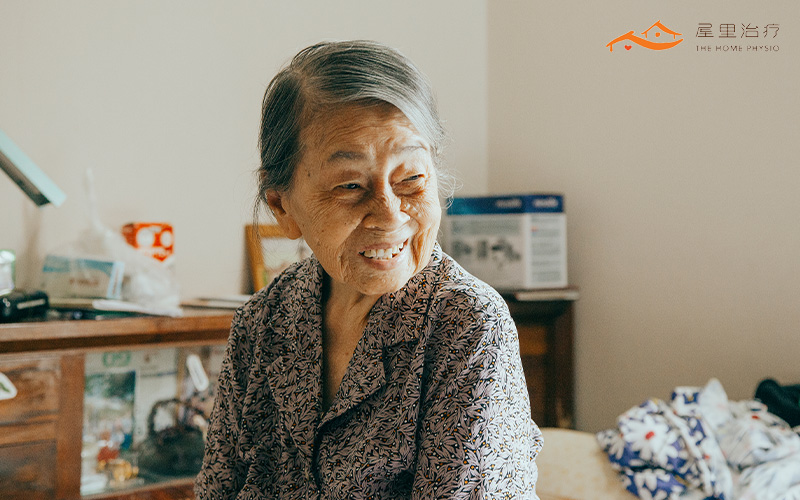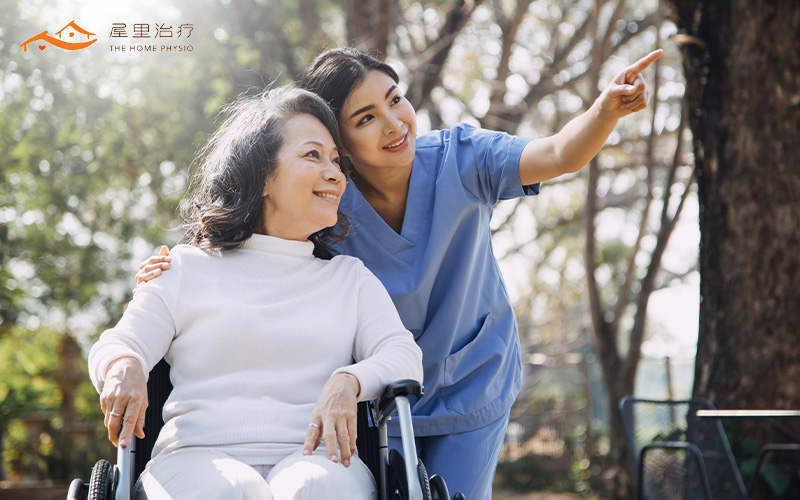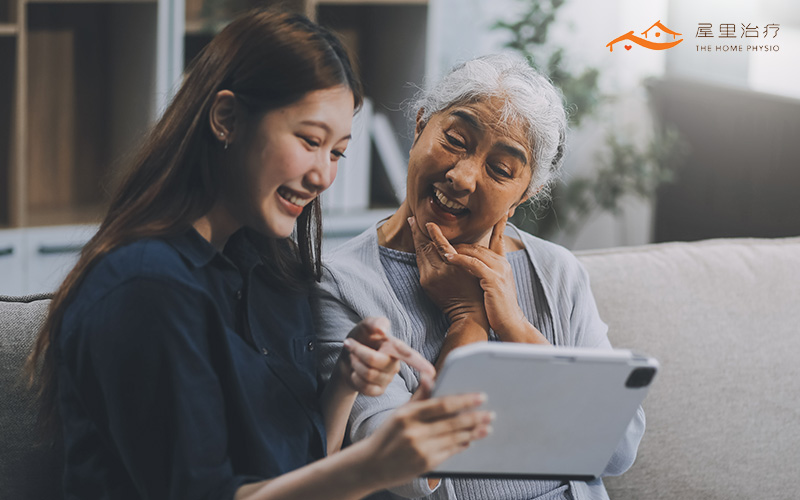Key Takeaways
- Independence empowers your elderly loved ones to retain their dignity, confidence, and sense of control even as they age.
- Physiotherapy plays a crucial role in managing chronic illnesses like arthritis, Parkinson’s disease, and stroke by improving mobility, balance, and confidence.
- Caregivers can make small changes to their daily routines and environments to help ensure safer and more effective home care.
Empowering Seniors to Age With Confidence and Dignity

Singapore’s population is growing older, and this also means that, the number of senior citizens living with multiple chronic conditions is on the rise. In fact, the proportion of older adults with three or more chronic diseases (including high blood pressure, high cholesterol, arthritis, and diabetes) nearly doubled between 2009 and 2017. These health issues do not only affect physical function—they also influence daily routines, autonomy, and overall quality of life.
While these changes may bring about new challenges, a combination of physical support, environmental adjustments, and consistent care can go a long way in promoting elderly independence. Here’s how you can support older family members and help them age with dignity and confidence in their own homes.
The Role of Physiotherapy in Supporting Elderly Independence

1. Arthritis: Reducing Pain and Improving Joint Function
For seniors with arthritis, daily actions like standing up, reaching overhead, or turning a doorknob can become painful and limiting. Through physiotherapy, gentle, low-impact exercises which are tailored to individual comfort levels are introduced, so as to help maintain functional independence in the elderly. These guided movements can help delay further physical decline and make routine activities more manageable.
2. Parkinson’s Disease: Improving Balance and Movement Control
Seniors living with Parkinson’s often struggle with stability, motor control, and walking patterns. Over time, these symptoms can increase the likelihood of falling and reduce the patient’s confidence in daily tasks. Targeted physiotherapy for the elderly at home can address these challenges through rhythmic walking drills, posture correction, and strength-building exercises—promoting greater stability and body awareness. Receiving care in a familiar environment also makes it easier to integrate exercises into daily routines, which is key to maintaining safety, mobility, and overall independence.
3. Stroke: Regaining Mobility and Coordination
After a stroke, it’s common for seniors to experience weakness, coordination issues, or difficulty with basic activities like getting dressed or sitting upright. Stroke rehabilitation at home can be critical here, helping to restore these abilities through repetitive task practice, guided movements, and strength-building routines. By focusing on specific impairments without compromising the patient’s comfort, home-based physiotherapy supports physical recovery while helping seniors regain confidence in their everyday lives.
Practical Ways to Support Elderly Independence at Home

While professional care remains important, there are many meaningful ways family members and caregivers can actively support their loved one’s well-being at home.
1. Adapt the Home Environment to Suit Specific Needs
To enhance safety and ease of movement, consider making modifications to your home. For instance, stroke survivors may benefit from adaptive tools like one-handed kitchen aids, bed rails, or grab bars in key areas. Meanwhile, seniors living with Parkinson’s might require non-slip flooring, wider walkways, or stabilised furniture to reduce fall risks. These simple yet impactful changes can make daily living more manageable and help your loved one feel more secure in their own space.
2. Encourage Participation in Meaningful Daily Activities
For elderly loved ones with chronic conditions, staying engaged in daily activities will be crucial in maintaining their sense of purpose and supporting their emotional well-being. Encourage them to participate in familiar hobbies, such as gardening, light cooking, or crafting. These moments not only bring joy and routine to their day but also reinforce a sense of independence in the elderly, helping them feel connected and in control of their lives.
3. Use Cues and Routines to Reinforce Independence
For seniors experiencing cognitive changes after a stroke or due to Parkinson’s, having a clear daily routine can provide much-needed structure and reassurance. Label drawers, provide picture-based instructions, and give gentle verbal reminders to help guide them through everyday tasks such as getting dressed or preparing meals. These small but thoughtful cues can reduce confusion and allow your loved one to regain familiarity and stay active in their own environment.
Empowering Elderly Loved Ones to Live Well
Elderly independence does not mean doing everything alone—it means having the right tools, support, and environment to make your own choices and engage meaningfully in life. By taking a holistic and gentle approach to chronic illness management in seniors, we can help the people we love live with comfort, control, and dignity.
At The Home Physio, we specialise in helping clients navigate these challenges with compassion and clinical expertise. In addition to home-based physiotherapy services, we also offer professional caregiver training in Singapore—equipping family members with the skills and knowledge needed to support their loved one’s care journey.
Have questions or concerns? Reach out today, and let’s talk about how we can help.
